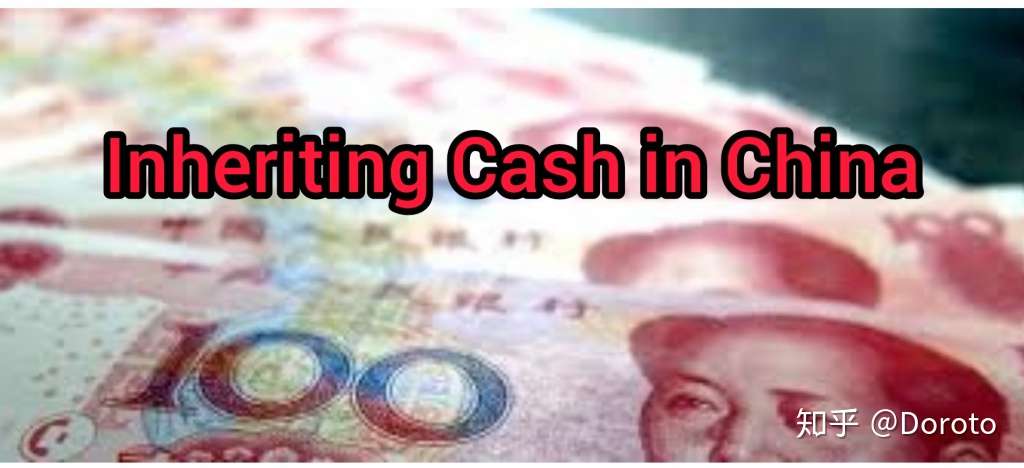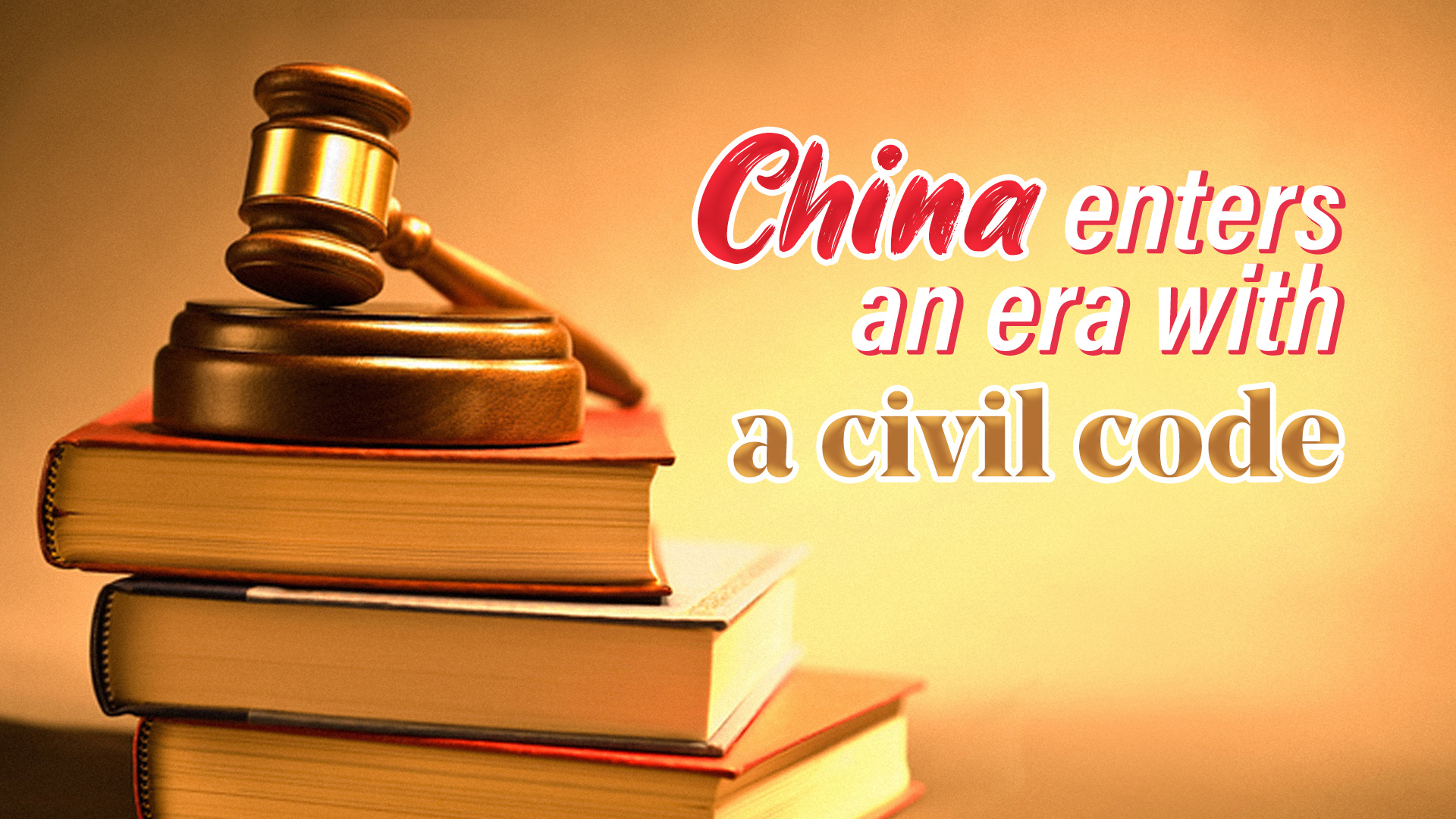We have been helping and advising a good number of clients over the years who are the executors in wills made outside of China by testators, in regard of the administration and distribution of estates (real estates, corporate shares and bank deposits) located in the mainland of China.
Unfortunately in most cases, foreign executors would find themselves ending up in impasse or an dead end, unable to complete their mission under the testamentary documents.
I. The Problem – Civil Law System vs Common Law System
It is an established rule that in the common law system (pardon me, i don’t have much knowledge about German, Japanese or French laws regarding estate administration) an executor appointed in a will should and can sort out and marshal the assets comprising the estate of the deceased. In particular, an executor may have the authority and power to dispose of the assets of estate or take up the title of certain assets for purpose of administering the estate. Legally, an executor is considered as in a fiduciary capacity bound by common rules attached to a fiduciary.
Landscape in this area under Chinese laws is just about different world (for a general overview of China Inheritance Law and Practice). Hardly can we say that China has a workable regime for an executor to function in a useful way, despite that China Succession Law does have the word “executor” appearing in its full text. Except for that, there has been no detailed guidelines regarding the role, duties and responsibilities of an executor in relation to estate administration.
Indeed, under Chinese laws, inheritance of estates always takes the form of an outright gift from the deceased to the heirs or beneficiaries in a will, since China does not have the tradition of using a family trust to do estate planning, though China has its own Trust Law. In other words, “inheritance” in China legal context means the final distribution of estates, the vesting of titles of all estate assets in approproriate heirs or beneficiaries who are decided either by way of intestate rules or designated in the testementary documents.
II. Case Study – Hong Kong Executor Fighting For Estate Shares in a China Company
It is a complicated case, and let me try to get brief and clear about it.
The deceased is a Hong Kong person who left a will in which four peopoe were appointed as executor and trustee for his estates (without distinguishing Hong Kong estates and overseas estates) among whom was a his legal counsel having no kinship of whatsoever. The executors found out that the deceased owned a limited liability company in the mainland of China as a majority shareholder with one of his children as the minority shareholder. There is a dispute between the executors and the minority shareholder heir over the control of the company. So the executors in an effort to discharge their duties in administering the estate, initiated a lawsuit to “inherit” the shares in their capacity as executors.
The court of first instance noticed that under Chinese succession or inheritance laws, the four plaintiffs are not the only heirs entitled to the estate equity interests in the company, so their claim of “Inheritance” is not well grounded, and even if the court took their acts as “adminstering the estate”, then the applicable law is still Chinese law according to Chinese rules on the conflicts of laws where there are no legal provisions to support the claims of the plaintiff.
That was a serious setback on the executors. Then they changed their strategy of going about the getting the equity interests registered in their names, and instead of claiming for inheritance, they sued for changing the shareholder regsitration of the company. While avoiding the trap of the concept of “inheritance” under Chinese laws, they still needed to explain and assert legal grounds for registering the equity interests/shares in their names in their capaciy as executors. The case went from the first instance trial up to the appellate court and in both proceedings, the core and central issue is how the plaintiffs can find legal grounds under current Chinese laws to support their claims. The court finally reasoned that the question of whether the executors shall have the right to have the shares registered in their names as executors for the will made in Hong Kong is one of the effects and validity of the will itself rather than one of estate administration. As a matter of validity of the will, the applicable law shall be that of the Hong Kong laws, and the “estate administration” as referred to in Article 34 of “Law of the Application of Law for Foreign-related Civil Relations of the People’s Republic of China” shall be interpreted as the actual and specific acts of administering the estates to which the applicable law is Chinese mainland laws. But the issue of executor’s entitlement to registration of estate shares in his or her name shall be answered in accordance with Hong Kong Laws.
Consequently, by that logic, the plaintiffs finally got themselves registerred as shareholders of the estate shares.
III. Lessons to Foreign Executors Dealing with Estates in China
As you can see, when a foreign executor attempts to deal with estates in China, he or she may find it an impossible mission on the backdrop that China has a totally different legal system related to estate adminstration and distribuiton.
(1) Resort to Court
If the exectutor wishes to discharge his or her duties by claiming the title in estates in China, the ony way to reach that goal is to resort to China court. I doubt that any China notary office will be willing to issue the so called “inheritance right notarisation” to the executor if she or he is not the sole beneficiary under the will concerned.
To go to court for that purpose, the exectutor, as plaintiff, shall have to find a defendant to the legal proceeding, and that defendant shall have to be an interested party to the estate, namely other heirs or beneficiaries. This may give rise to unnecessary rift among family members.
It is not only costly and lenghty to go to court, but there could be tax consequence if any of the executors is not legal heirs. For example, in the case of real estate, legal heirs (those people defined by China Succession Law) don’t have to pay deed tax upon acquiring the title to the real estate property, but other recipients would mostly likely be required to pay such tax. Furthermore, those non-legal-heir recipients may be paying more tax upon disposing of the properties upon cashing in on the properties.
(2) Avoid Going to China Court?
So for the executors, the advisable way to go about administering and distributing China estates is to avoid going to court, if possible. Well, under current China estate related laws, that is only possible when all heirs and interested parties are on good terms and willing to cooperate with each other and when one of othe executors is legal heir of the deceased.
In this case, the legal-heir executor(s) may choose to get the estate inherited (i.e, transfer the title of the estate properties to his or her name) according to the intestate rules, leaving the will aside. If all the documentation is complete, it is possible that the legal heir executor can manage to “inherit” or acquire the title of the estate properties. Once that step is done, the executor will dispose of the estate properties and move the sale proceeds out of China and then distribute the money according to the will.
Unless the foreign applicable laws prohibit executors from doing that (which is not likely as I can understand), I don’t see why this cannot be done.
I welcome any comments on this from any attorneys from any jurisidction.






Sir kindly a m looking for unclaimed property to claim as a next of kin to share as partners if no heirs to claim
Shame on you. Do the right thing to make your living.